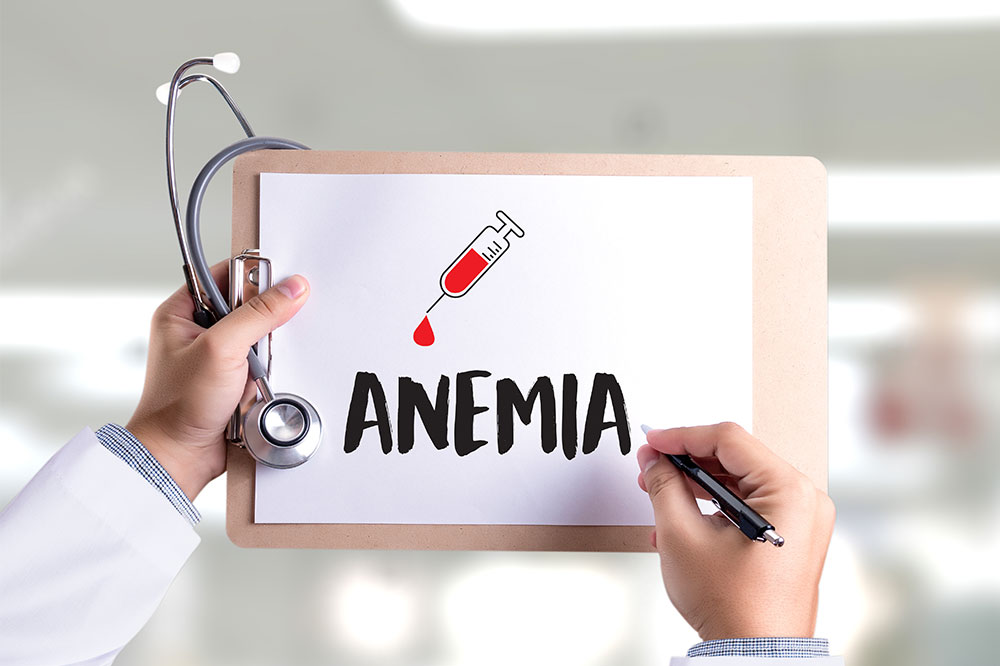Comprehensive Approaches to Managing and Preventing Anemia
This article explores various types of anemia, their treatments, and effective home remedies. It emphasizes the importance of consulting healthcare professionals for proper diagnosis and personalized treatment plans. Dietary adjustments, including iron-rich foods and vitamin supplements, play a crucial role in managing anemia. Understanding the different forms of anemia helps patients adopt suitable strategies to improve their health and quality of life.

Understanding and Addressing Anemia
Anemia occurs when there's a deficiency of red blood cells, leading to reduced oxygen delivery to tissues. This condition often causes fatigue, weakness, and dizziness. Various types include iron deficiency anemia, thalassemia, sickle cell anemia, vitamin deficiency anemia, and aplastic anemia, each requiring specific treatments.
Iron Deficiency Anemia
Treatments usually involve prescribed medications tailored to individual needs. Absorption is optimized when taken on an empty stomach under medical guidance.
Thalassemia
Severe cases often require lifelong blood transfusions or bone marrow transplants to reduce dependency. Mild cases may not require intervention.
Sickle Cell Anemia
Though incurable, management focuses on pain relief and improving life quality. Blood transfusions and stem cell transplants are options for severe cases.
Vitamin Deficiency Anemia
Treated with supplements such as folic acid, vitamin C, and vitamin D.
Aplastic Anemia
Managed through blood transfusions and possibly bone marrow transplants. It can be a side effect of chemotherapy, often resolving post-treatment.
Home Strategies to Combat Anemia
Eat iron-rich foods like figs, tofu, broccoli, spinach, nuts, and dates.
Increase folate intake from peanuts, leafy greens, and avocados.
Consume foods high in beta-carotene, vitamin A, and vitamin C to enhance iron absorption.
Always consult a healthcare professional before starting any supplementation to avoid excessive iron intake, which can be harmful.
Note:
The information provided here is for educational purposes only. Always seek advice from qualified healthcare providers for diagnosis and treatment options. Do not rely solely on this information for medical decisions.










